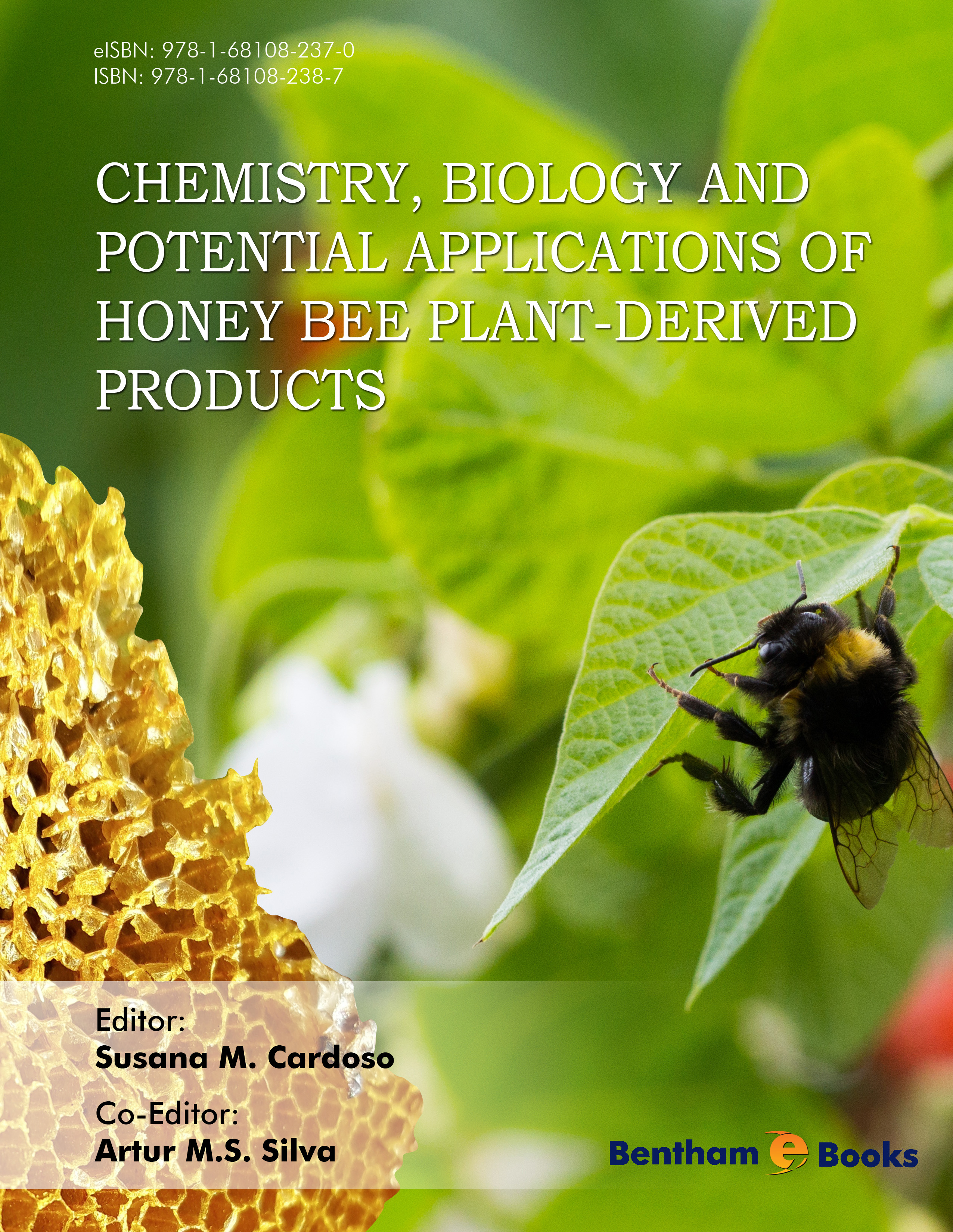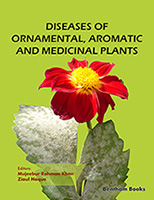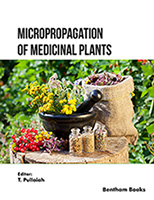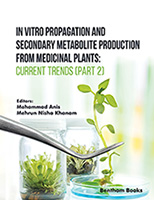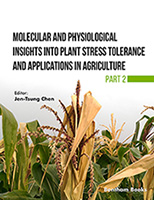Preface
Domestic bees produce several products including honey, propolis, pollen, royal jelly, beeswax and bee venom, which are essential to their survival and development. Honeybee products have also been used in folk medicine since ancient times and presently constitute one of the most applicable groups of natural products for Humans. While beeswax, bee venom, and royal jelly are chemically synthesized by the bees themselves, the remaining products result from bee´s engineering modification action on plant-derived samples.
The primary usefulness of honeybee plant-derived products to Man is largely based on their utilities in the hive, i.e. honey and pollen are stable food sources for bees, with the first being particular enriched in sugars and the latter being an excellent supplement of minerals, vitamins and proteins, whereas propolis is used for the hive protection.
The specific composition of each product is rather variable, depending on the plants found around the hive, as well as on the geographic and climatic characteristics of the site, thus affecting specific biological properties and possible applications. Still, worldwide the usage of such products has been increasing exponentially because of the believed health-benefits of those products. The investigation of the chemical composition and associated biological properties of honey, pollen and propolis has been imperative in elucidating their specific composition and respective potential health benefits, being as well a open door for standardization of the products for distinct usages.
This eBook comprises of comprehensive review on the chemical composition of honey, pollen and propolis of worldwide, complemented with the contribution of distinct analytical techniques for this topic. It also summarizes the current information of relevant biological properties and applications of honey, pollen and propolis, which overall contribute for added-value to these bee plant-derived products. We deeply believe that the present volume is not only important for scientific community, but also for beekepers and readers in general.
Susana M. Cardoso & Artur M.S. Silva
University of Aveiro,
Portugal

